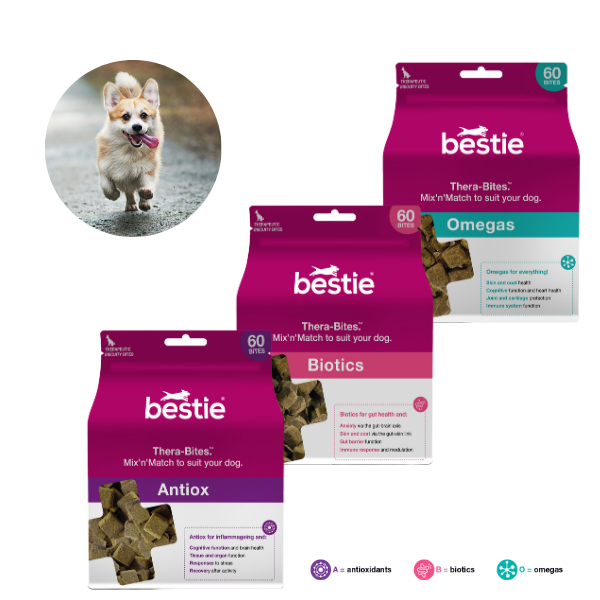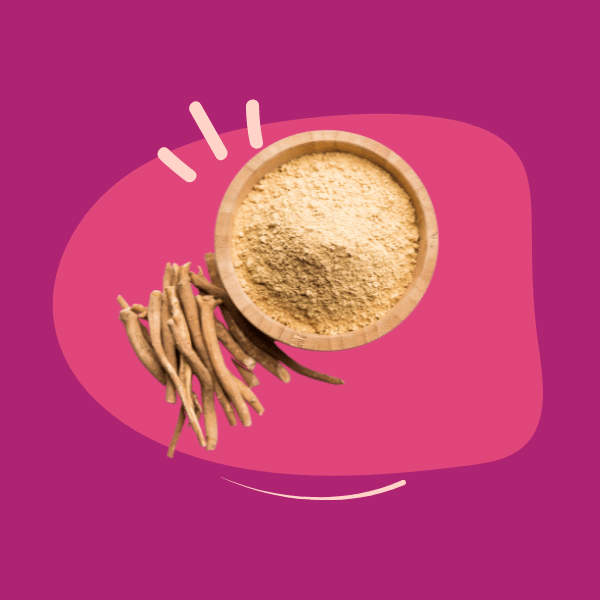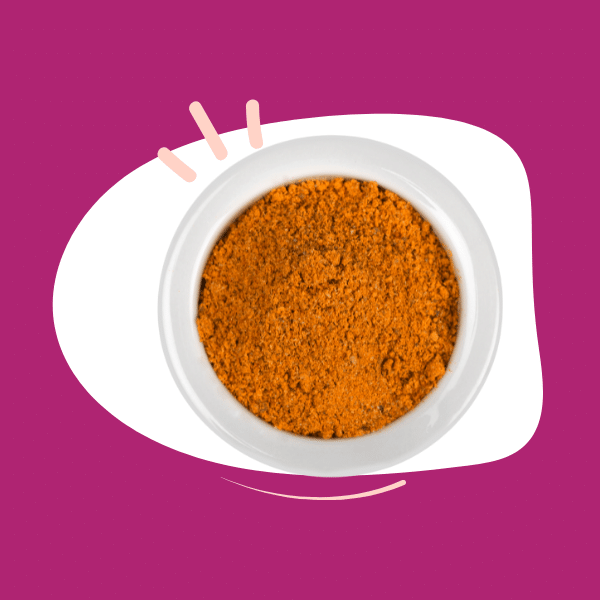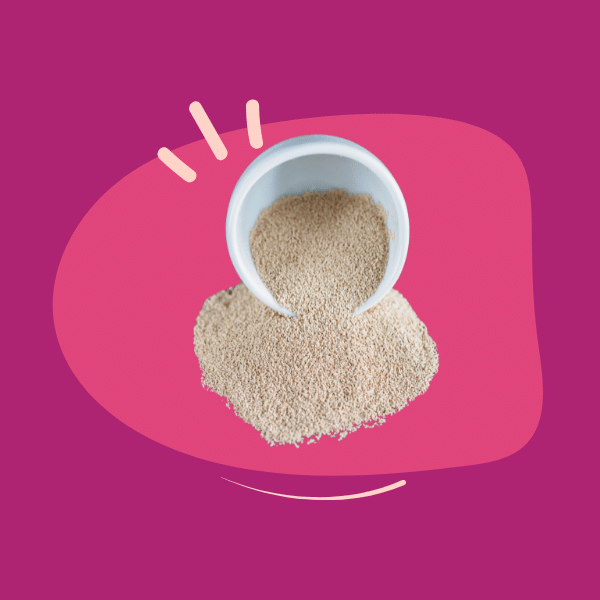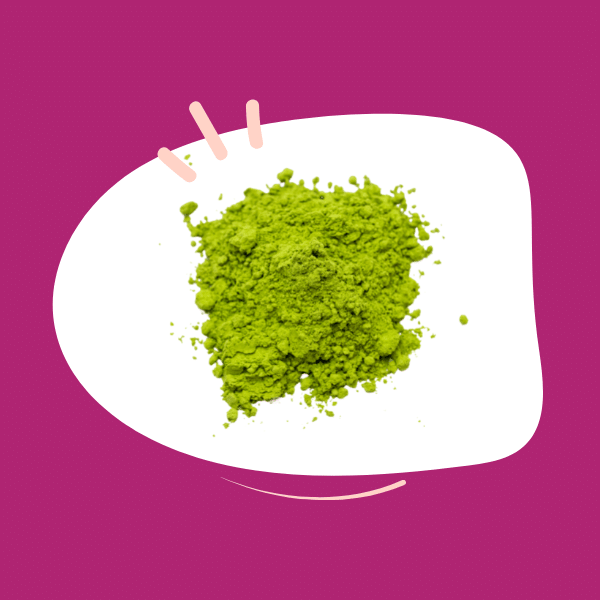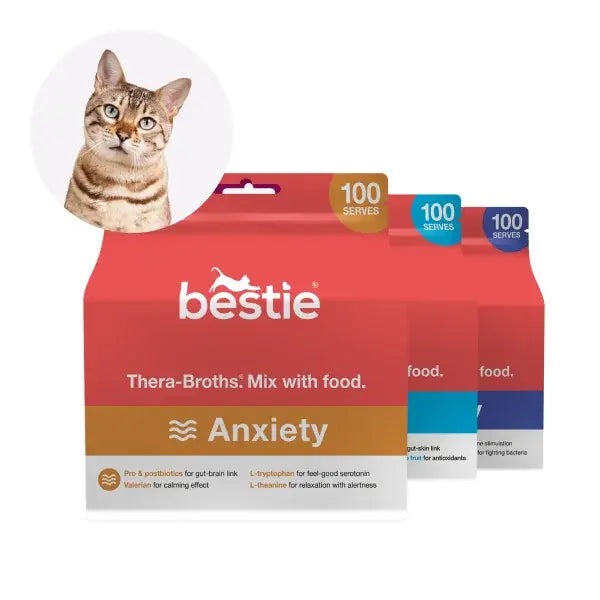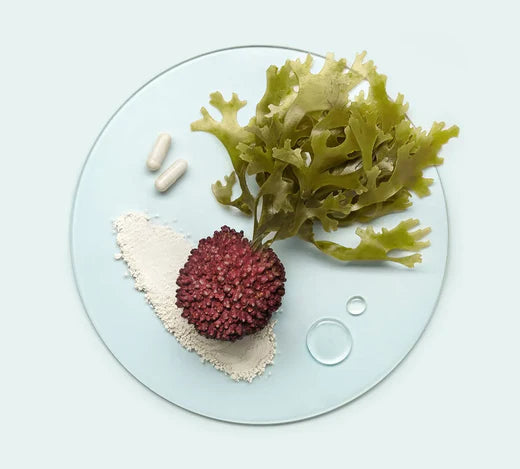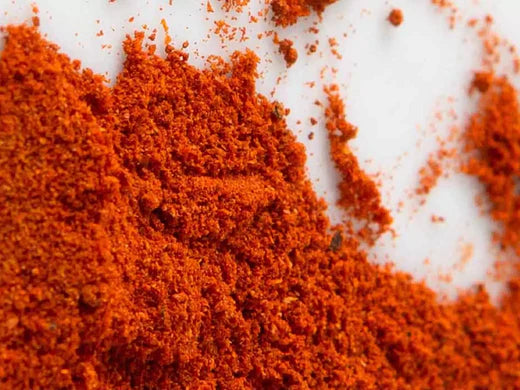Gingko biloba, also known as maidenhair tree, fossil tree, or kew tree, is one of the oldest living tree species. The Ginkgo tree is indigenous to Korea, Japan, China, but now it can be found worldwide.1
Ginkgo biloba extracts has been used in Traditional Chinese Medicine (TCM) since at least the 11th century C.E.2 for the treatment of vertigo, asthma, fatigue, circulatory problems, and tinnitus. In Iran, Gingko has been used traditionally to improve memory loss associated with blood circulation abnormalities.A
Many scientific researchers attribute the beneficial effects of Gingko biloba to its strong anti-inflammatory and antioxidant properties, as well as its ability to improve blood circulation.
Active components in Gingko biloba
Of the more than 40 compounds found in Gingko biloba, only two are believed to be responsible for the plant’s beneficial effects: flavonoids and terpenoids.
The most helpful components of Gingko are believed to be flavonoids, which have powerful antioxidant qualities, and terpenoids, which help improve circulation by dilating blood vessels and reducing the "stickiness" of platelets.3
Table 1. Major Bioactive Components of Gingko biloba*
|
Class |
Plant Parts |
Bioactivity |
|
Polyprenols |
Leaf |
Antibacterial properties and safety against the attack by Aβ25-35 |
|
Flavonoids |
Leaf |
Antioxidation, anticancer, antibacterial, antiviral, anti-inflammatory, and neuroprotective effects |
|
Organic acids |
Leaf |
Inhibitory effects on xanthine oxidase (XOD) and antitumor properties |
|
Biflavonoids |
Leaf |
Antiadipogenesis and antiobesity properties and significant inhibitory effects on thrombin activity |
|
Terpenoids |
Root |
Protective effects to cerebral hippocampal neurons from epilepsy, antioxidant, anti-inflammatory, antiplatelet, antilipidemic and antiapoptotic properties, enhanced memory and learning abilities, and reduced neuronal damage |
|
Waxes, steroids, 2-hexenal, cardanols, sugars, catechins, proanthocyanidins, phenols, aliphatic acids, rhamnose |
Leaf |
Antioxidant, anti-inflammatory, antidiabetic, antiapoptotic, antiradiation, antiviral, antitumor, hepatoprotective, and antiatherosclerosis pharmacological properties |
*Source: Ginkgo biloba: A Treasure of Functional Phytochemicals with Multimedicinal Applications
Benefits of Gingko biloba
The leaf extracts of Gingko biloba is rich in antioxidants. This is a primary reason why it’s a popular supplement for heart health, brain function, and eye health, along with several other conditions.
Gingko is rich in antioxidants
The antioxidants in Gingko is thought of to be primarily responsible for its anti-inflammatory effects. Antioxidants combat the harmful effects of free radicals in the body. Free radicals are highly reactive particles that are produced in the body during normal metabolic functions.4These harmful substances have the potential to damage healthy tissues, contributing significantly to premature aging and development of disease.
Gingko can help reduce inflammation
Inflammation can occur when the body naturally responds to injury or the presence of foreign substances.It can also be triggered by some chronic illnesses. The response involves various immune system components that combat foreign invaders or help heal the injured area.
Several studies, both in animals and laboratories, show that Gingko extra can help reduce markers of inflammation in both human and animal cells in various disease conditions, such as arthritis, heart disease, inflammatory bowel disease, and stroke.
In a recent study, bilobalide, one of the components of Gingko biloba, exhibited vigorous anti-inflammatory activity, presenting it as an interesting potential therapeutic agent for osteoarthritis in rats. Gingko delayed the progression of OA caused by cartilage pathology and damage.18Bestie Joint: Thera-Chews™️ has a powerful blend of green tea and algae extracts, papaya, gingko; pre and postbiotics that can help support joint health and mobility in dogs.
The Ginkgo biloba extract EGb 761 has shown favourable effects on cerebral circulation and neuronal cell metabolism, on the muscarinic cholinergic system, and showed antioxidant activity.5
The anti-inflammatory effects of Gingko may also be responsible for reduced inflammation of the airways and increased lung capacity in patients suffering from pulmonary diseases.6
Gingko may improve cognitive function
Leaf extracts of Gingko biloba leaf are often recognized as cognitive enhancers.
It has been demonstrated by scientific studies to enhance memory retention and short-term memory in young and old rats and mice.7 Gingko suplementation may also increase mental performance.
Improvements in cognitive function, functional abilities, and neuropsychiatric symptoms were also observed when Gingko was administered to Alzheimer disease patients.8
A review of four scientific studies found that Gingko significantly reduce dementia symptoms.9This could be related to its role in improving the flow of blood to the brain.
Gingko may protect heart and brain health
In Traditional Chinese Medicine (TCM), Gingko was believed to increase blood flow to various parts of the body. The positive effects of Gingko in many scientific studies involving cognitive health and function could be related to the role that it may play in improving blood flow to the brain.
In a 2008 study, Ginkgo biloba extract improved coronary artery circulation in patients with coronary artery disease.10
The mechanisms of efficiency of Gingko as a therapeutic and preventive agent in cardio-cerebrovascular diseases (CCVD) and cerebral ischemia was also demonstrated.11
While there are many research studies that have demonstrated the therapeutic effects of Gingko, more research is needed to fully demonstrate and understand how the plant affects blood circulation, and heart and brain health.
Gingko may reduce anxiety
Anxiety disorders are chronic and functionally disabling conditions with high psychological stress. Although current pharmaceutical treatments are effective, many of these standard anxiety medications have been associated with undesirable side effects.
Plant-based "phytomedicines" may provide novel treatment options, to act as an adjunctive or alternative to existing medications for anxiety. Gingko biloba is one of the many plants that have been demonstrated in many studies to exert anti-anxiety effects in human and animal trials.12
In one 2007 study, Gingko showed a 45% greater reduction in symptoms of anxiety, compared to the placebo group in 170 people with generalized anxiety.13
In a study of older adults diagnosed with depression, Gingko biloba extract has been shown to play a synergistic role when used as an adjunct to antidepressant medication. It was observed that the the time of onset of efficacy is faster than when using single antidepressants.14
Gingko may support vision and eye health
While there is very little research on how gingko benefits vision and eye health, early results show promise.
An increased blood flow to the eye in glaucoma patients and an improvement in vision in some patients with age-related macular degeneration in several studies weren’t statistically significant. Scientists, however, attribute many of these positive results to Gingko’s ability to increase blood flow to the eye.
Gingko may have nephro-protective effects
A recent study(2021) in animal models with vancomycin-induced nephrotoxicity showed that Gingko prevented renal impairment and significantly improved kidney function. This offers scientific evidence that Gingko has a high degree of kidney protection against drug nephrotoxicity.15
Gingko supplementation in dogs
Cognitive decline in senior dogs is generally linked to brain ageing. Gingko leaf extract appears to be effective as a dietary supplement for elderly dogs with age-related behavioural issues.
In an open clinical trial, Gingko leaf extract was given as a dietary supplement to senior dogs daily for eight weeks. The "severity of the geriatric condition" in dogs with a history of geriatric behavioural disturbances, was significantly reduced after 8 weeks of treatment. The positive effect was already apparent after 4 weeks.16
In another study, a nutraceutical supplement containing Gingko, vitamin E, pyridoxine, and phosphatidylserine was demonstrated to improve short-term memory performance of aged beagles.Performance accuracy was significantly improved in supplemented dogs compared with control dogs and the effect was long lasting. These findings suggest that the nutraceutical supplement can improve memory in aged dogs.17
The promising results of these studies could potentially improve the quality of life of senior dogs and, as a consequence, of pet owners.
Potential side effects of Gingko biloba
While Gingko has been used for centuries for medical purposes, how it works is not completely understood.
As with any herbal supplement, there are potential risks involved. If your dog has been diagnosed with a health issue, has allergies, or is taking certain medications, you should consult your veterinarian before giving any supplement to your pet.
References:
- Sun, K., Yang, Q., & Chen, D. (2013). Traditional Chinese medicine: A promising candidate for the treatment of Alzheimer’s disease. Translational Neurodegeneration, 2, 6. https://doi.org/10.1186/2047-9158-2-6
- Crane, Peter R. (2013). Ginkgo: The Tree That Time Forgot. New Haven: Yale University Press. p. 242. ISBN9780300213829.
- https://www.mayoclinic.org/drugs-supplements-ginkgo/art-20362032. Date accessed: 10 September 2023
- Ali SS, Ahsan H, Zia MK, Siddiqui T, Khan FH. Understanding oxidants and antioxidants: Classical team with new players. J Food Biochem. 2020 Mar;44(3):e13145. doi: 10.1111/jfbc.13145. Epub 2020 Jan 20. PMID: 31960481.
- Topic B, Tani E, Tsiakitzis K, Kourounakis PN, Dere E, Hasenohrl RU, Hacker R, Mattern CM, Huston JP. Enhanced maze performance and reduced oxidative stress by combined extracts of zingiber officinale and ginkgo biloba in the aged rat. Neurobiol Aging. 2002;23(1):135–143. doi: 10.1016/S0197-4580(01)00241-X
- Tao Z , Jin W , Ao M , Zhai S , Xu H , Yu L . Evaluation of the anti-inflammatory properties of the active constituents in Ginkgo biloba for the treatment of pulmonary diseases. Food Funct. 2019 Apr 17;10(4):2209-2220. doi: 10.1039/c8fo02506a. PMID: 30945705.
- Stoll S, Scheuer K, Pohl O, Muller WE. Ginkgo biloba extract (EGb 761) independently improves changes in passive avoidance learning and brain membrane fluidity in the aging mouse. 1996;29(4):144–149.
- Ihl R, Tribanek M, Bachinskaya N. Efficacy and tolerability of a once daily formulation of ginkgo biloba extract EGb 761(R) in Alzheimer’s disease and vascular dementia: results from a randomised controlled trial. 2012;45(2):41–46.
- Savaskan E, Mueller H, Hoerr R, von Gunten A, Gauthier S. Treatment effects of Ginkgo biloba extract EGb 761® on the spectrum of behavioral and psychological symptoms of dementia: meta-analysis of randomized controlled trials. Int Psychogeriatr. 2018 Mar;30(3):285-293. doi: 10.1017/S1041610217001892. Epub 2017 Sep 21. PMID: 28931444.
- Wu YZ, Li SQ, Zu XG, Du J, Wang FF. Ginkgo biloba extract improves coronary artery circulation in patients with coronary artery disease: contribution of plasma nitric oxide and endothelin-1. Phytother Res. 2008 Jun;22(6):734-9. doi: 10.1002/ptr.2335. PMID: 18446847.
- Yang Y, Li Y, Wang J, Sun K, Tao W, Wang Z, Xiao W, Pan Y, Zhang S, Wang Y. Systematic Investigation of Ginkgo Biloba Leaves for Treating Cardio-cerebrovascular Diseases in an Animal Model. ACS Chem Biol. 2017 May 19;12(5):1363-1372. doi: 10.1021/acschembio.6b00762. Epub 2017 Apr 3. PMID: 28333443.
- Savage K, Firth J, Stough C, Sarris J. GABA-modulating phytomedicines for anxiety: A systematic review of preclinical and clinical evidence. Phytother Res. 2018 Jan;32(1):3-18. doi: 10.1002/ptr.5940. Epub 2017 Nov 23. PMID: 29168225.
- Woelk H, Arnoldt KH, Kieser M, Hoerr R. Ginkgo biloba special extract EGb 761 in generalized anxiety disorder and adjustment disorder with anxious mood: a randomized, double-blind, placebo-controlled trial. J Psychiatr Res. 2007 Sep;41(6):472-80. doi: 10.1016/j.jpsychires.2006.05.004. Epub 2006 Jun 30. PMID: 16808927.
- Dai CX, Hu CC, Shang YS, Xie J. Role of Ginkgo biloba extract as an adjunctive treatment of elderly patients with depression and on the expression of serum S100B. Medicine (Baltimore). 2018 Sep;97(39):e12421. doi: 10.1097/MD.0000000000012421. PMID: 30278520; PMCID: PMC6181482.
- POPA , S.I. ZAHARIE , Magdalena DIACONU , A. DAMIAN , M.C. VARUȚ * , Mara AURORI , A.F. TABARAN , Emilia CONSTANTINESCU , A.R. CODEA , D.C. CARAGEA. GINKGO BILOBA NEPHROPROTECTIVE EFFECTS IN ANIMAL MODELS WITH VANCOMYCIN-INDUCED NEPHROTOXICITY. Rev Rom Med Vet (2021) 31 | 3: 51-56. ISSN: 1220-3173; E-ISSN: 2457-7618
- Reichling, M. Frater-Schröder, K. Herzog, S. Bucher, and R. Saller. Reduction of behavioural disturbances in elderly dogs supplemented with a standardised Ginkgo leaf extract. Schweizer Archiv für TierheilkundeVol. 148, No. 5.
- Araujo JA, Landsberg GM, Milgram NW, Miolo A. Improvement of short-term memory performance in aged beagles by a nutraceutical supplement containing phosphatidylserine, Ginkgo biloba, vitamin E, and pyridoxine. Can Vet J. 2008 Apr;49(4):379-85. PMID: 18481547; PMCID: PMC2275342.




